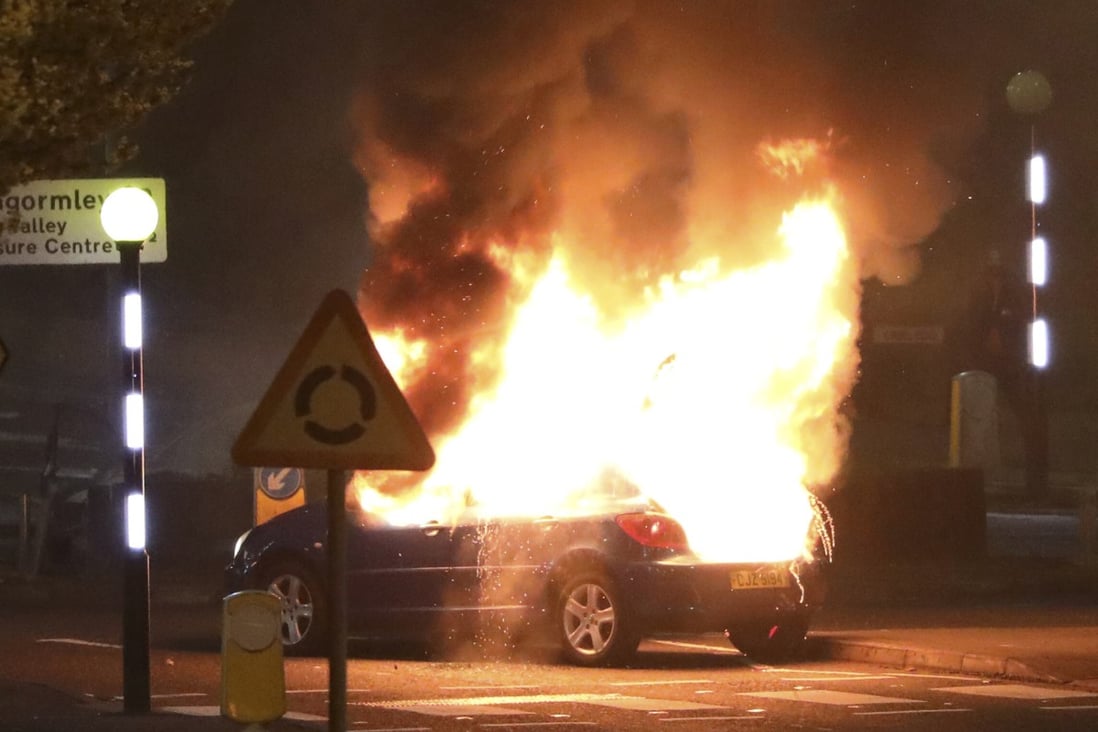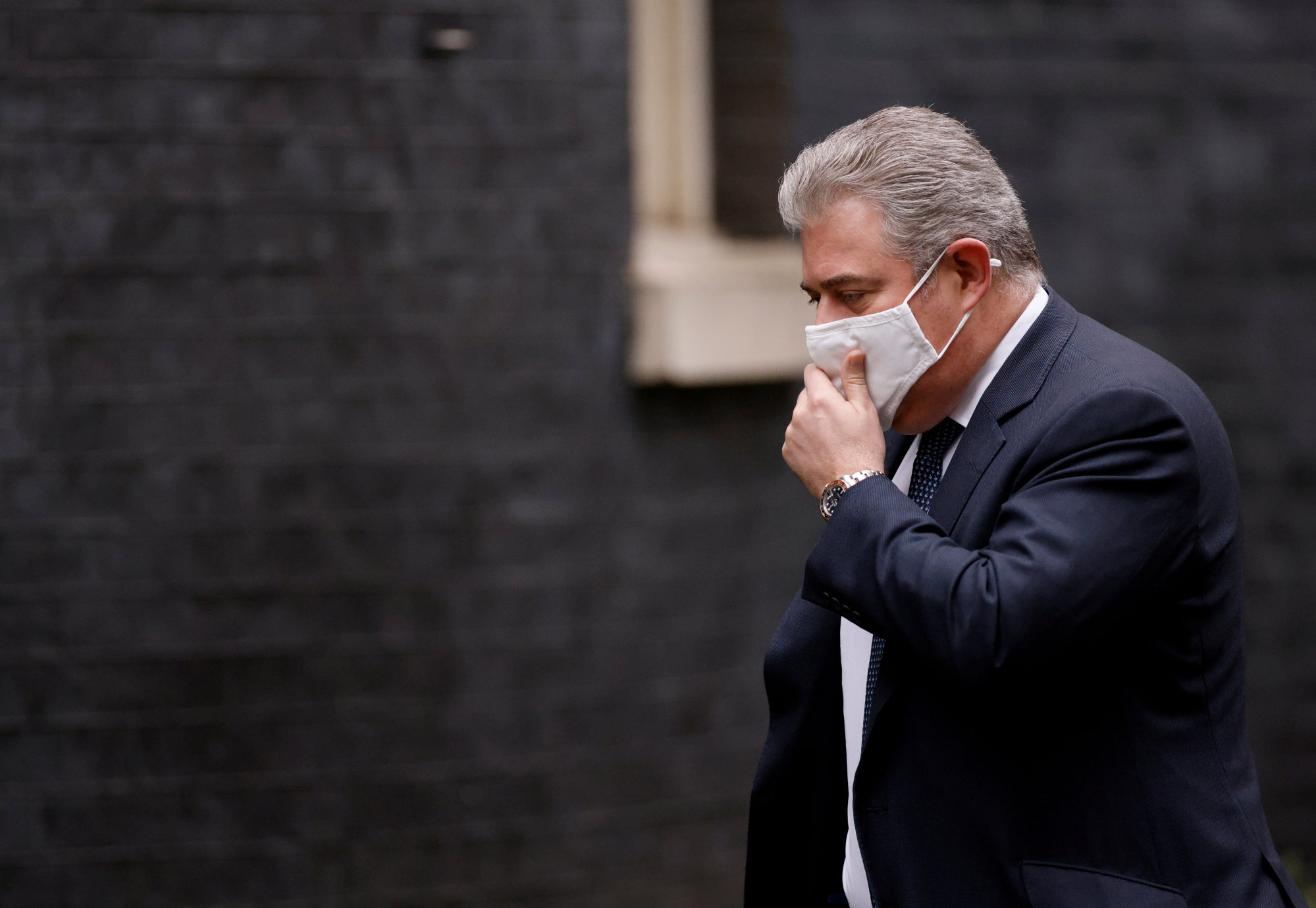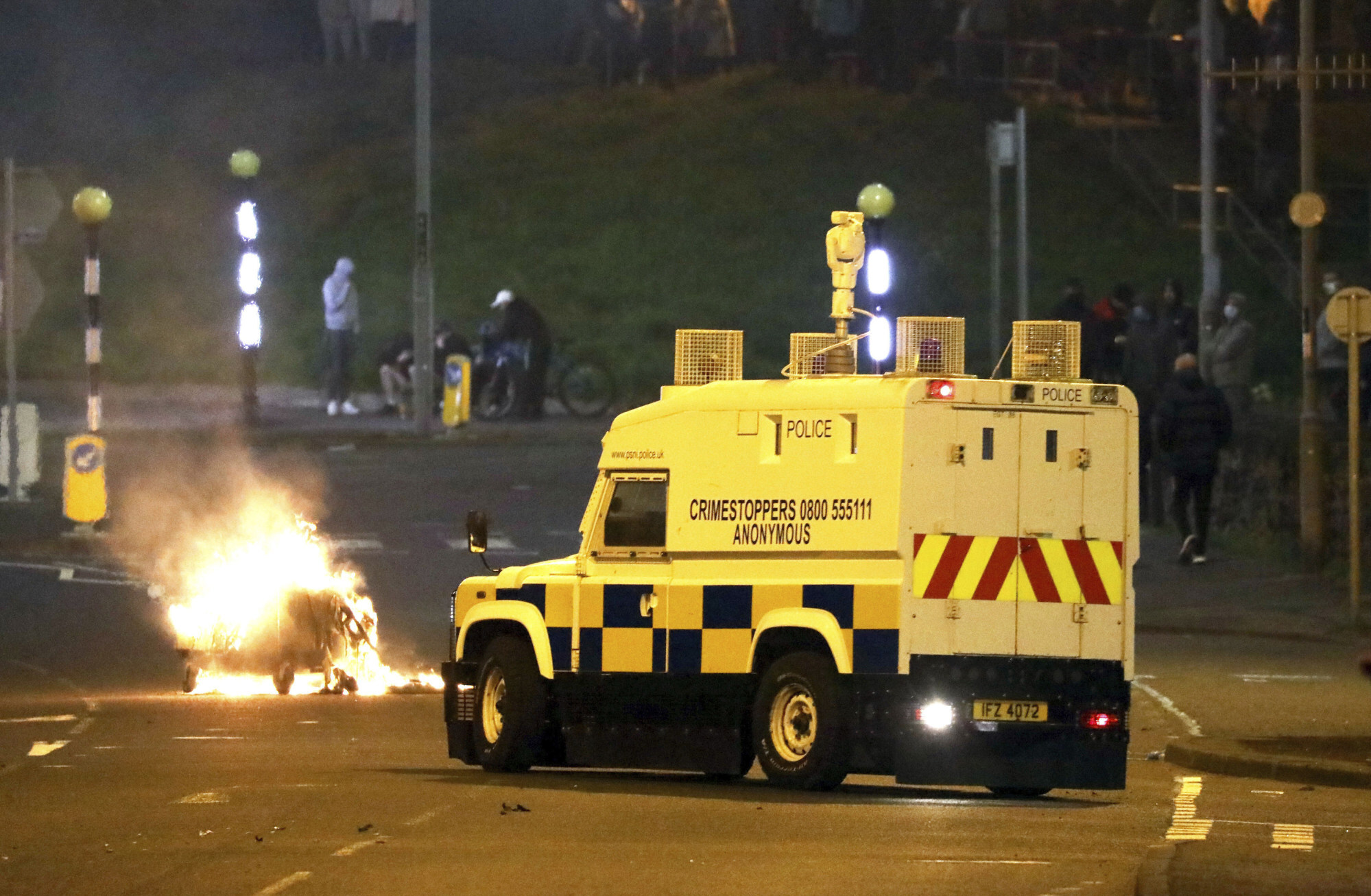THAT SINKING FEELING
A PESSIMISTIC Opinion: Naive optimism threatens Myanmar protest movement
The violence in Myanmar shows that the conflict between pro-democracy protesters and the military has reached an impasse. Protesters need to work on a new strategy, says DW's Rodion Ebbighausen.

Anti-coup protesters are optimistic they can defeat the military
Two narratives currently dominate social media in Myanmar: the sheer brutality and reprehensibility on part of the generals, and the protesters' willingness to struggle for the restoration of democracy. The link between these narratives is the idea that good will eventually triumph over evil.
Nobody doubts the courage and good intentions of the demonstrators, but the protest movement will not succeed if it continues to function on naive optimism.
No external support
The protesters must realize that they will not receive any outside support against the military. The UN, the US and Europe will condemn the violence in Myanmar and impose some targeted sanctions on the military, but they will not directly intervene in the conflict. Even the call by many former heads of states and governments will not change that. China and Russia will block every move in the UN Security Council that could allow the West to increase its clout in Myanmar. This means there are no levers at the international level to increase pressure on the generals.

DW's Rodion Ebbighausen
Even the silent diplomacy of the Association of Southeast Asian Nations (ASEAN) will have little impact as the grouping is not united on the Myanmar issue. Bloc members Thailand, Laos and Vietnam even participated in the Armed Forces Day celebrations in Myanmar's capital over the weekend, which coincided with security forces killing more than 100 protesters.
Dream of a federal army
Some supporters of the protest movement and the opposition parliament hope there could be a federal army in the country. After decades of fighting against the central government, various armed ethnic groups are expected to join hands with the protest movement and fight against the military. A similar attempt was made in the early 1990s, but it failed.
Armed groups in Myanmar have different interests. At the same time, China has decisive influence on rebel armies such as the United Wa State Army.
It is also a misconception that a federal army would pose a serious challenge to Myanmar generals. Even if all rebel armies work together with an inexperienced protest movement, they cannot compete with the battle-tested and well-equipped "Tatmadaw" (the Myanmar army).
Although what's happening in Myanmar looks like a civil war, the military has not yet used heavy weaponry against the population. Tanks or helicopters are not yet firing at protesters in Yangon and Mandalay.
The 10-year-long Syrian war has shown how frightening civil wars can be. The dream of a federal army could easily turn into an endless nightmare.
Direct confrontation means defeat
The protesters cannot win through a direct confrontation with the military. There is a lack of international support, money, experience and unity between ethnic groups and the protest movement.
Instead of risking lives in hopeless street battles, pro-democracy supporters need to debate what small steps they can take in the long run. Instead of hoping for a quick victory, they need to work on a long-term strategy.
DW





 Muhammad Abu Jazar, 34, shows his daughter Maisam, 12, a picture of his children who were killed during the 2014 Gaza war
Muhammad Abu Jazar, 34, shows his daughter Maisam, 12, a picture of his children who were killed during the 2014 Gaza war 










